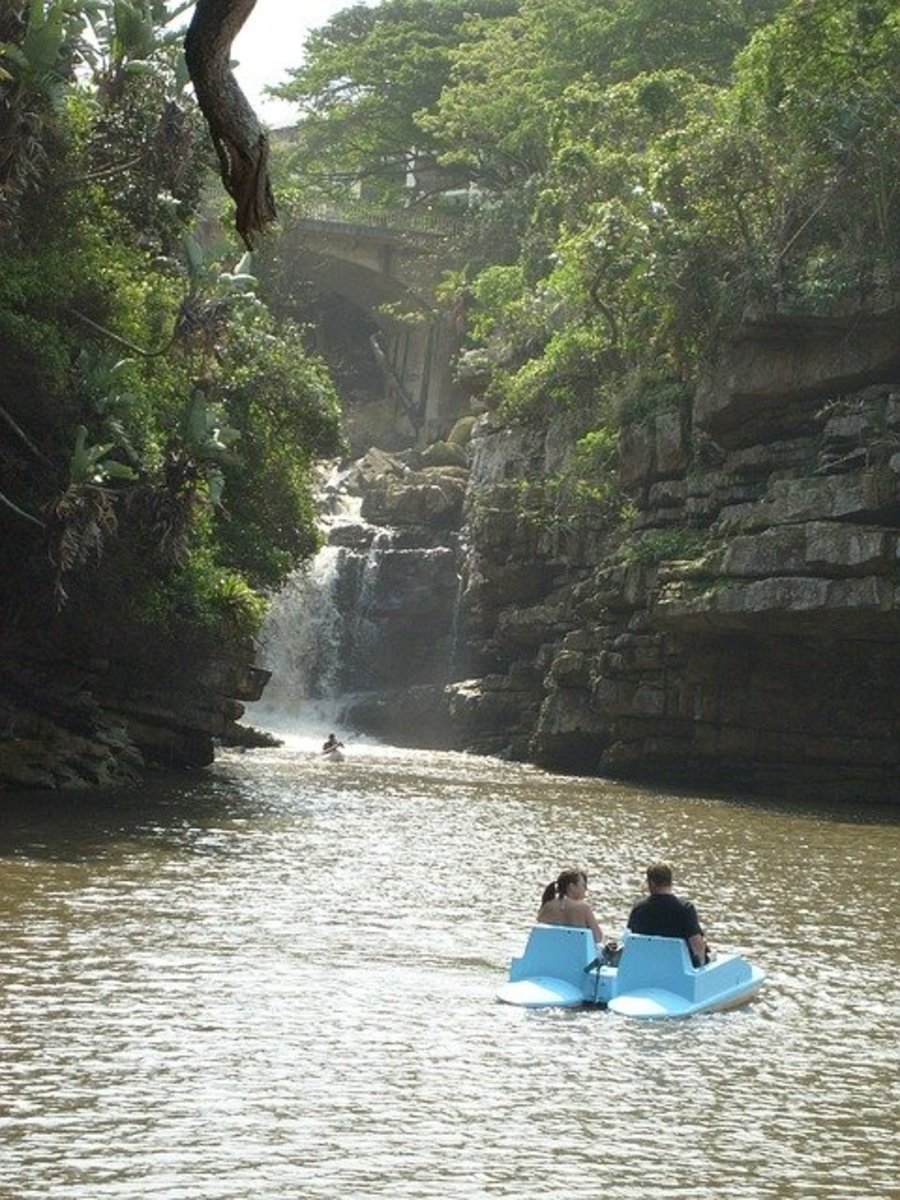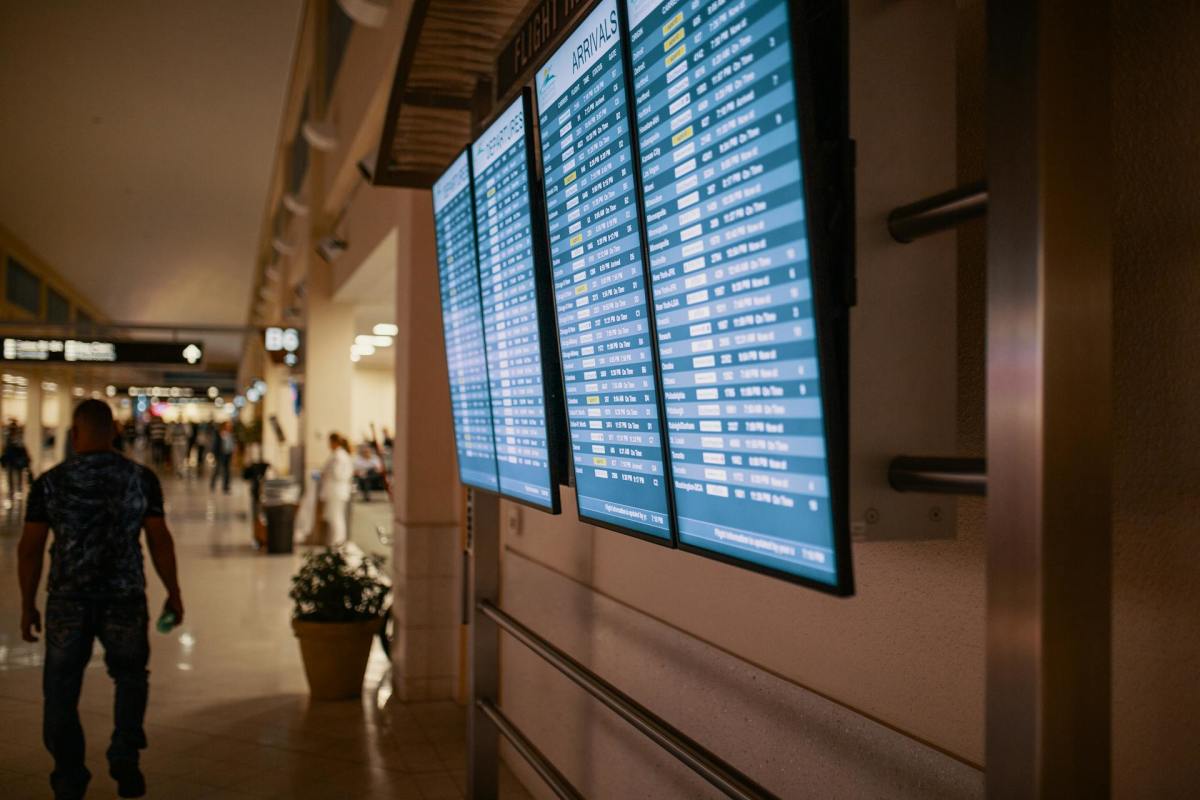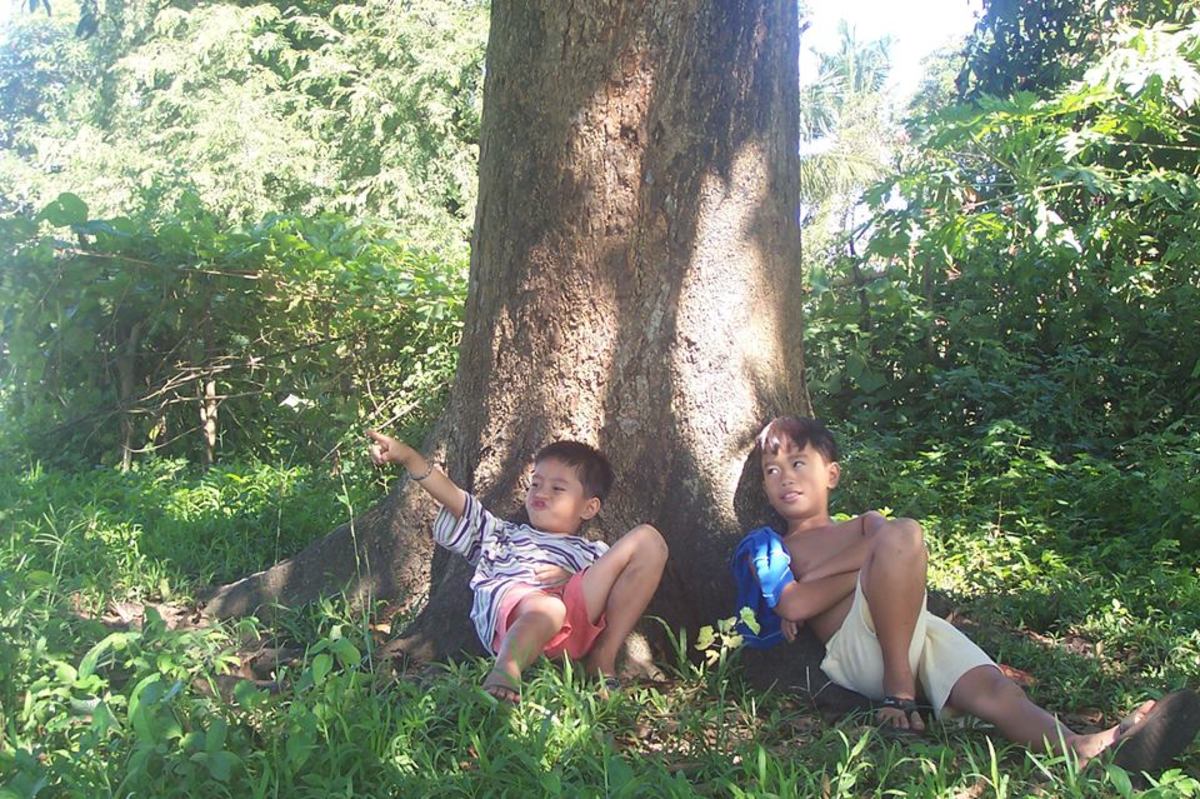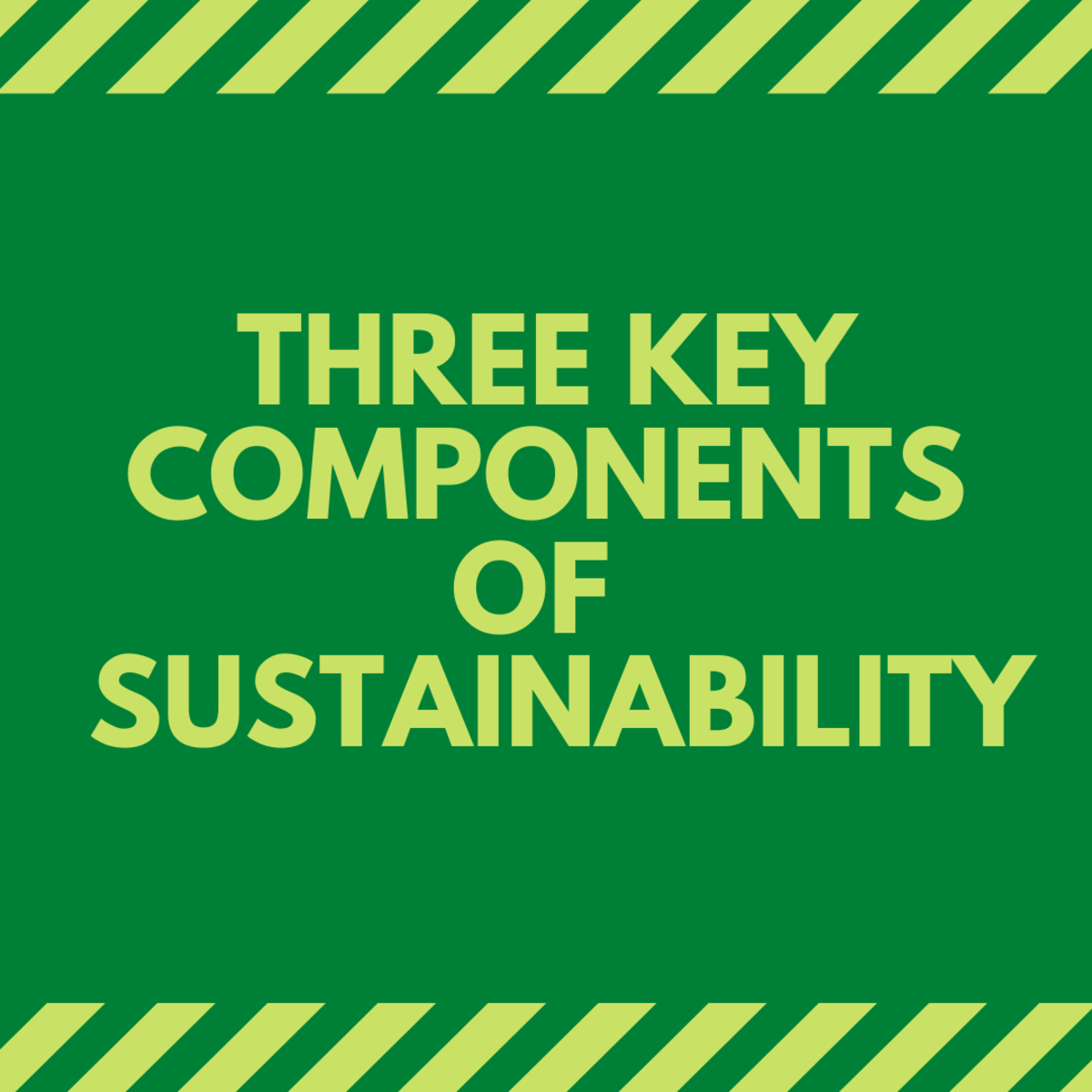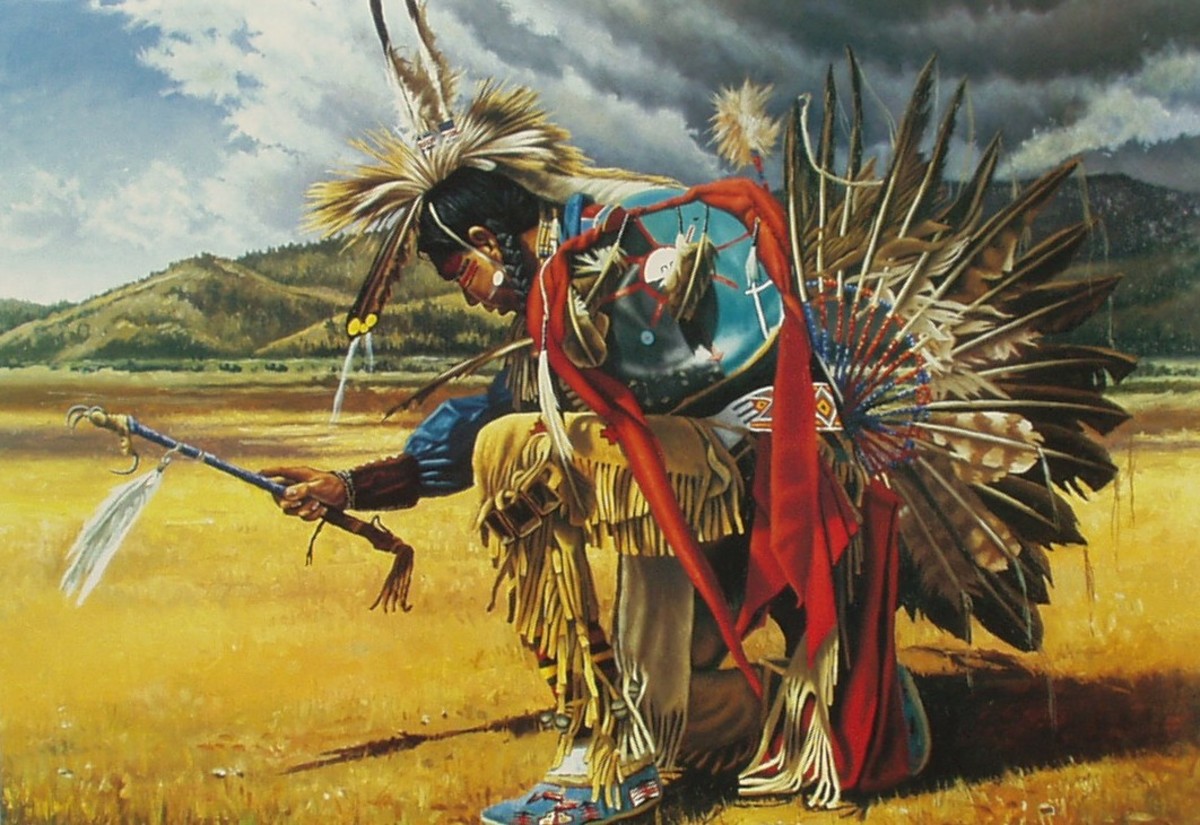Which Coffee Is Most Environmentally Friendly And Sustainable?
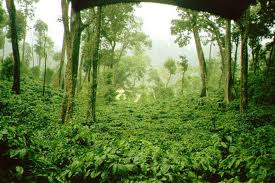
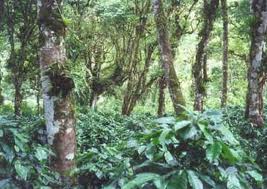
Enjoyed my millions, coffee is one of the world's most popular beverages. Unfortunately, much of the coffee that we drink daily, is produced using unsustainable social, and environmental practices. Huge tracts of rain forest are being cleared and farmers are being poorly compensated. We do not need to support this form of coffee production.
Various organizations are working to clear our consciences, and bring to the forefront coffees grown sustainably, with farmers being compensated fairly, and wildlife habitat preserved.
In the past, poor farmers in tropical areas, did the back-breaking labor of growing coffee, but had little control over the compensation they received. Often forced to take less for the product than it took to grow it, farmers lived lives of increasing poverty and debt. Free Trade is changing this.
Fair Trade coffee is the choice of environmentally responsible drinkers. Fair trade ensures the coffee growers of a agreed-on fair price for their product and, and in so doing, raises the standard of health and education in the community. Fair trade importers, in addition to paying the agreed-on 'fair price', must provide technical assistance to farmers and help with transportation. By virtually eliminating the middleman, more of the money made from the production of coffee goes to the farmers who grow it.
Another choice for environmentally conscious coffee drinkers is Bird Friendly Coffee. This coffee has been certified by the Smithsonian Migratory Bird Center as having been grown under the already existing canopy of bird-inhabited trees. By catering to this certification, habitat destruction is avoided.
The conversion of shade-growing to sun growing has the advantage of eliminating some leaf rust and increasing yield, but at a high price. Falling leaves, in shade growing areas, create a natural mulch, as well as preventing the growth of weeds and the erosion of soil. Sun growing necessitates the use of more pesticides and fertilizers. The production of sun-grown coffee has destroyed vast tracts of rain forest and resulted in the loss of biodiversity of trees, plants, and animals.
Coffee traditionally grown under the protective shelter of indigenous, bird-friendly, trees is the most flavorful, as it gets the right amount of shade, precipitation, humidity, and natural nutrients. Bird Friendly coffee ensues a healthier environment with fewer pesticides and chemicals entering the environment and a preservation of the area's biodiversity. Shade growing farms are inspected regularly and a percentage of profits go towards conservation and education programs that teach farmers the benefits of environmental preservation.
Coffee growing has in the past, and still does in some areas, show a lack of social, labor, and environmental responsibility. The Rain Forest Alliance works to change this. The Rain forest Alliance provides certification for coffee farms that produce coffee following guidelines that protect the environment, wildlife, workers, and involved communities. This eliminates such things as synthetic chemicals, and child labor. It demands shade growing sustainable practices and the encouragement of community development.
If you want to help protect the health of farm workers and preserve biodiversity, choose organic coffee. Organic means that no chemicals, toxic or otherwise, enter the soil or air in the production of this coffee. You must make sure that the coffee is fair trade as well as organic as some growers do not use chemicals simply because they cannot afford them. Organic alone does not guarantee fair prices or good labor conditions. If you care about the world in which you live, try to choose coffee that is Free Trade, Bird Friendly, Organic, and Rainforest Alliance Certified.


